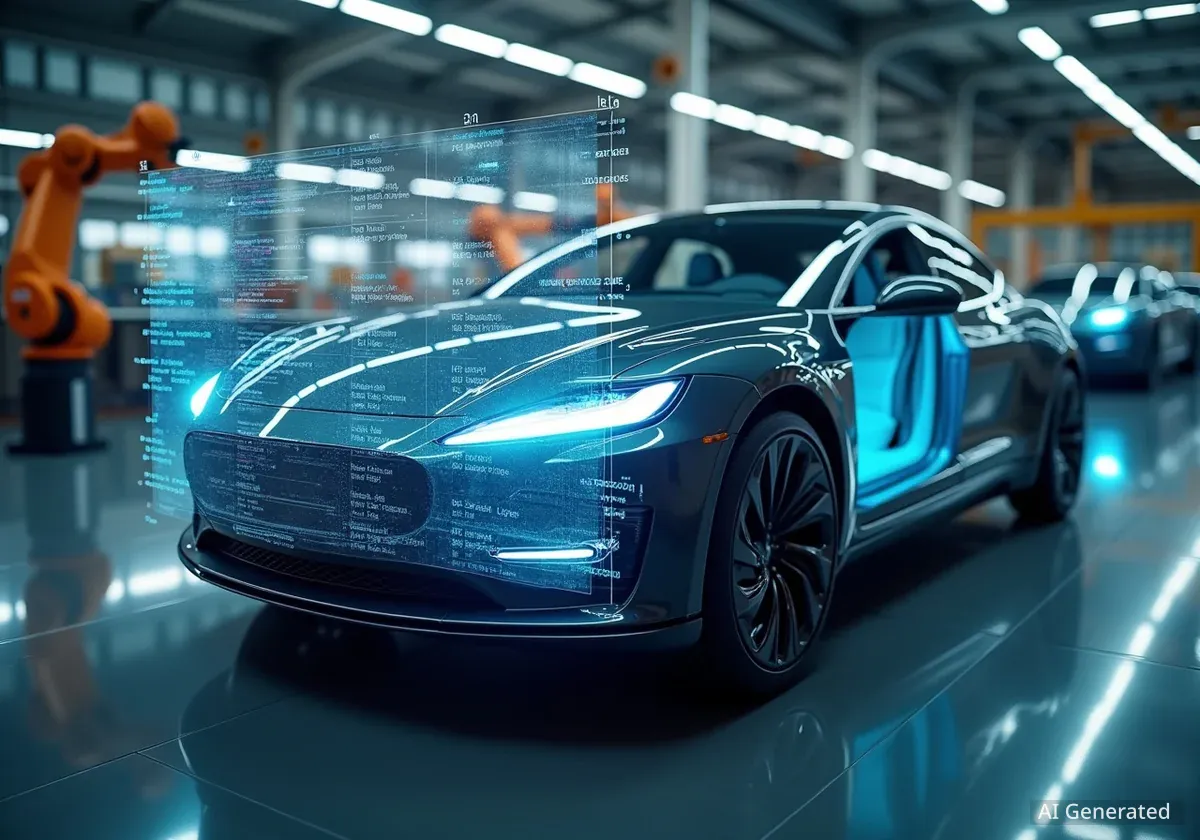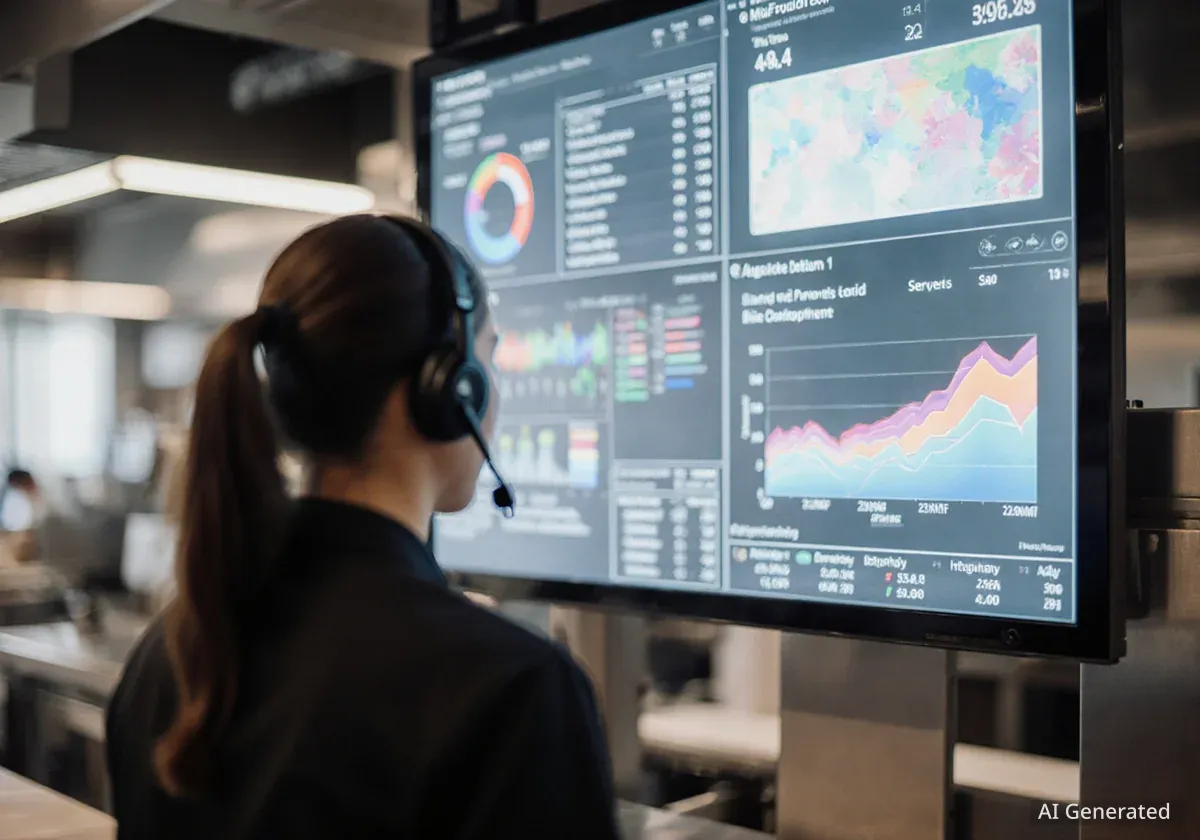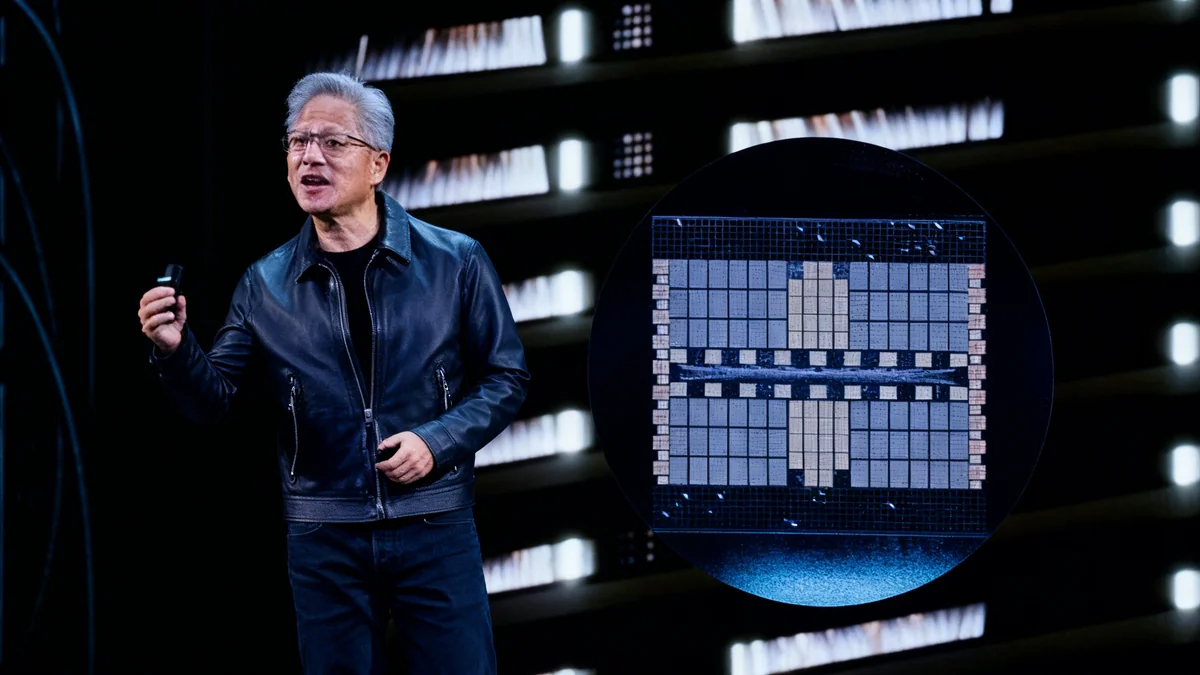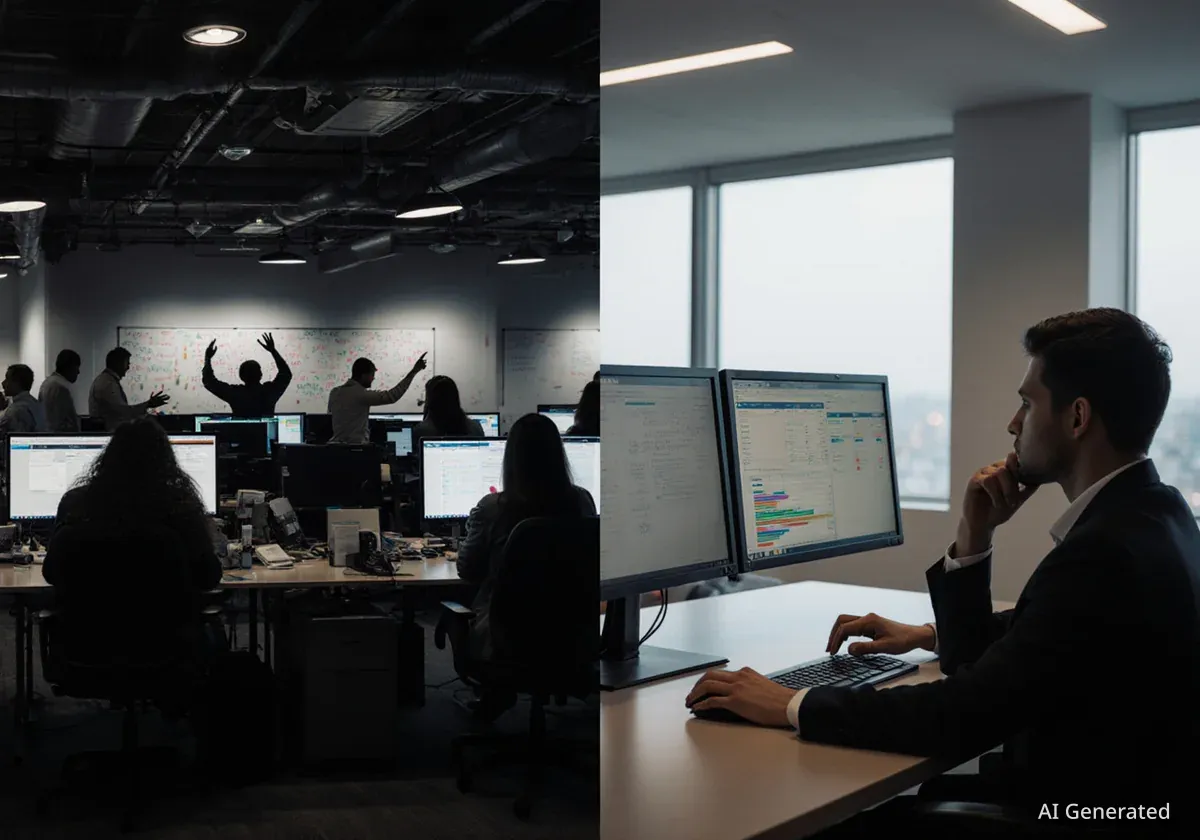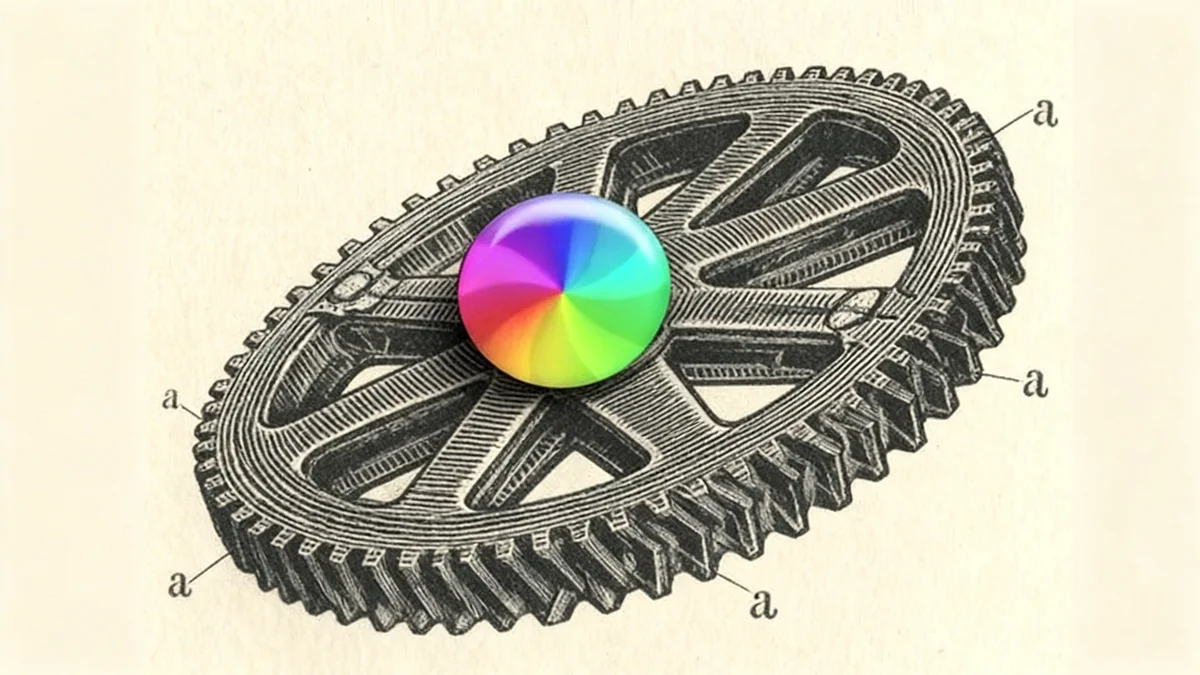Automotive giant Stellantis and artificial intelligence firm Mistral AI have announced a significant expansion of their partnership. The new phase, revealed at Italian Tech Week in Turin, aims to deeply integrate generative AI across Stellantis's entire business, from in-car virtual assistants to manufacturing processes.
This development builds on an 18-month collaboration that has already produced AI solutions for the automaker. The companies are now moving toward a strategic alliance to deploy AI at a much larger scale, affecting both customer-facing technology and internal operations.
Key Takeaways
- Stellantis and Mistral AI are forming a strategic alliance to embed AI across the automaker's operations.
- The partnership will focus on developing next-generation in-car conversational AI and optimizing business performance.
- The collaboration has been active for 18 months, moving from experimentation to large-scale deployment.
- Two new multidisciplinary teams will be established to accelerate AI innovation and adoption within Stellantis.
Moving Beyond Experimentation
The relationship between Stellantis and Mistral AI is not new. For the past year and a half, the two companies have worked together on various projects. This initial phase focused on developing specific AI solutions and integrating Mistral AI's models into select use cases.
Successes from this period include advancements in next-generation in-car assistants and the application of AI to streamline business and engineering workflows. Now, the partnership is shifting from targeted experiments to a comprehensive strategic alliance.
Ned Curic, Chief Engineering & Technology Officer at Stellantis, commented on the progress. He emphasized the practical results achieved so far.
"Our work with Mistral AI is helping us move faster and smarter. What makes this partnership unique is Mistral AI’s ability to work closely with Stellantis to deliver meaningful results," Curic stated. "Together, we are shaping intelligent, adaptable systems that bring real value to our customers and help Stellantis stay ahead."
A Strategic Alliance for a Competitive Edge
The goal of the expanded collaboration is to make AI a core component of Stellantis's operations. This is intended to unlock greater efficiency, improve business agility, and ultimately deliver more value to customers.
For Mistral AI, a Paris-based company known for its work in generative AI, the partnership offers a chance to apply its technology at an industrial scale. Arthur Mensch, CEO and Co-Founder of Mistral AI, highlighted the unique aspects of the collaboration.
"Stellantis is a unique partner for Mistral AI because of its scale, engineering depth and determination to apply AI across every part of the enterprise," said Mensch. He added that Mistral's customizable AI solutions will be instrumental in improving both customer experience and operations.
About the Companies
Stellantis N.V. is a multinational automaker formed from the merger of Fiat Chrysler Automobiles and PSA Group. Its portfolio includes 14 iconic automotive brands such as Jeep, Ram, Peugeot, Citroën, Fiat, and Maserati.
Mistral AI is a French company specializing in generative artificial intelligence. It focuses on developing high-performance, open-source AI models and has a global presence with offices in the United States, United Kingdom, and Singapore.
Two Core Missions for AI Integration
The strategic alliance will concentrate on two primary areas. These missions are designed to leverage AI to improve both the products Stellantis sells and the processes it uses to build and manage them.
Enhancing the In-Car Customer Experience
A major focus will be on creating the next generation of conversational AI for in-car virtual assistants. The objective is to move beyond basic voice commands to a more natural, personalized, and intuitive user experience.
This involves developing systems that can understand complex queries, maintain context in a conversation, and provide more helpful and relevant responses. The aim is to make interacting with the vehicle's systems as simple and effective as talking to a human assistant.
Optimizing Business Performance
The second mission involves deploying AI across the entire Stellantis value chain. This includes a wide range of functions:
- Engineering: Using AI to accelerate design and testing cycles.
- Manufacturing: Optimizing production lines and improving quality control.
- Marketing: Personalizing customer outreach and analyzing market trends.
- Customer Care: Improving support services and resolving issues more efficiently.
By applying AI to these areas, Stellantis aims to optimize processes, enhance product quality, and reduce operational costs. This reflects a broader industry trend where automakers are using technology to gain a competitive advantage in a rapidly changing market.
A New Structure to Accelerate Innovation
To support these ambitious goals, Stellantis and Mistral AI will create two complementary, multidisciplinary teams. These platforms are described as "engines for innovation and transformation."
Their purpose is to bridge the gap between AI development and practical application within the automotive giant. This structure is designed to ensure that AI is not just an isolated tool but an integrated capability that enhances performance across the organization.
AI in the Automotive Industry
The global AI in the automotive market is projected to grow significantly. According to market research, the sector was valued at several billion dollars in recent years and is expected to expand at a compound annual growth rate (CAGR) of over 20% through the end of the decade. Key applications include autonomous driving, predictive maintenance, and enhanced in-cabin experiences.
This structured approach will enable Stellantis to move from small-scale AI experiments to full-scale deployment across its core functions. The automaker sees this integration of "distributed intelligence" as a key factor in strengthening its long-term leadership in the mobility sector.
By deepening its partnership with a specialized firm like Mistral AI, Stellantis is signaling a strong commitment to making artificial intelligence a central pillar of its future strategy. The collaboration sets a benchmark for how AI can be applied to transform complex, traditional industries at scale.
